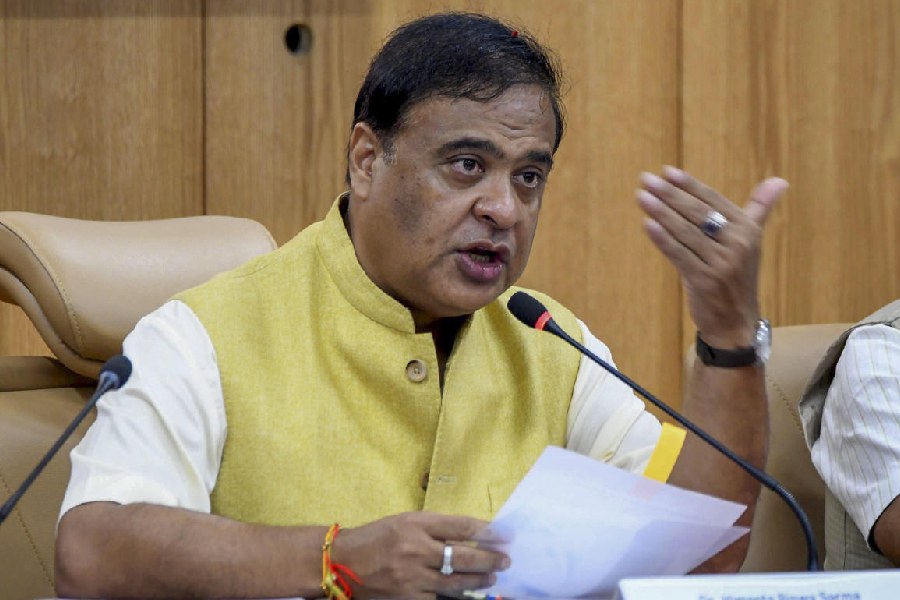Ruling-party candidate Lai Ching-te emerged victorious in Taiwan’s presidential election on Saturday after his opponents conceded, a result that will chart the trajectory of the self-ruled democracy’s relations with China over the next four years.
At stake is the peace and stability of the island, 160km off the coast of China, that Beijing claims as its own and to be retaken by force if necessary.
Domestic issues such as the sluggish economy and expensive housing also featured prominently in the campaign.
China had called the poll a choice between war and peace. Beijing strongly opposes Lai, the current vice-president and a member of the governing Democratic Progressive Party, or DPP.
Lai and incumbent President Tsai Ing-wen rejected China’s sovereignty claims over Taiwan, a former Japanese colony that split from the mainland amid civil war in 1949. They have, however, offered to speak with Beijing, which has repeatedly refused to hold talks and called them separatists.
Beijing was believed to favour the candidate from the more China-friendly Nationalist party, also known as Kuomintang, or KMT. Its candidate, Hou Yu-ih, also promised to restart talks with China while bolstering national defense.
He promised not to move toward unifying the two sides of the Taiwan Strait if elected.
A third candidate in the race, Ko Wen-je of the smaller Taiwan People’s Party, or TPP, had drawn the support, particularly of young people wanting an alternative to the KMT and DPP, Taiwan’s traditional opposing parties, which have largely taken turns governing since the 1990s. Ko also stated he wanted to speak with Beijing, and that his bottom line would be that Taiwan needs to remain democratic and free.
The US, which is bound by its laws to provide Taiwan with the weapons needed to defend itself, pledged support for whichever government emerges, reinforced by the Biden administration’s plans to send an unofficial delegation made up of former senior officials to the island shortly after the election.
Beside the China tensions, domestic issues such as the dearth of affordable housing and stagnating wages have dominated the campaign.
For Tony Chen, a 74-year-old retiree who voted in Taipei in the hour before the polls closed, the election boiled down to a choice between communism and democracy.
“I hope democracy wins,” he said. He added that more Taiwanese were open to China’s model of governance decades ago, when the Chinese economy was growing by double digits annually, but are repulsed by the crackdown on civil liberties.










